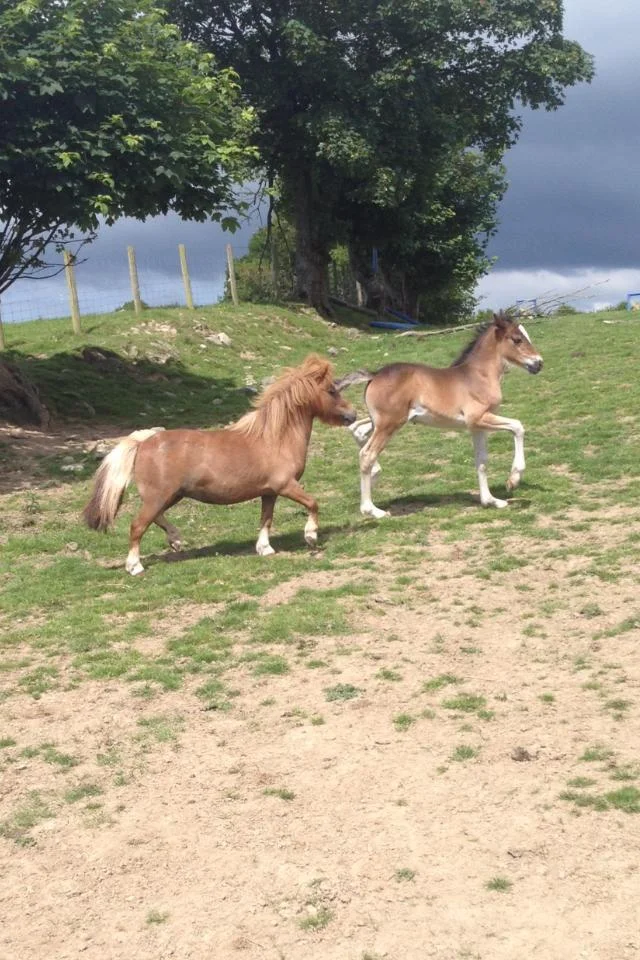Mind your head!
/Mental heath in farming is a topic that is being promoted this week by the Mind Your Head campaign. The aim being to raise awareness of the pressure farmers are under and impact it has on mental health. To support this campaign and raise money for the DPJ Charity Matt, along with his brother in law George, will be climbing 9 of the highest peaks in the UK. Day one will involve climbing three of the highest peaks in the Lake District, day two will involve three Welsh peaks including Snowdonia, day three will end on Scotland in the top of Ben Nevis.
Farming can be a tough job; you are constantly at the mercy of the weather and disease however most farmers will tell you they couldn’t imagine doing anything else. Farm vets are often the people that see the highs and lows of the farming year. It is important to remember we are still tacking diseases like Bovine TB. Vets are often delivering bad news; cows that tests positive for Bovine TB it must be sent to slaughter. For farmers this is a heartbreaking event as most farmers know each and every one of the cows on their and think of most of them as friends, if not family (as silly as this may sound).
What can you do to support your local farm?
If you know a farmer who may be having a tough time take timeout and spend half an hour having a cup of tea and a chat. We are big believers in the saying “a problem shared is a problem halved”. There are lots of charities ready to help out those who are struggling and their details can be found at the bottom of this post. Other things you can do to support UK farmers are:
Find you local milkman. The local milkman is making a come back! Not only do they supply consumers with British milk which is coming from local farms (so it hasn’t travelled country wide before it reaches your fridge) and is often delivered in glass bottle which supports the increasing movement to cut down on our plastic consumption.
Try not to judge what you see online. With the increasing popularity of social media farming seems to be one of the many sectors coming under fire. It is easy to see an image and think the worst however it is important to remember that these images are often taken out of context. If you are worried about anything you see online; speak to a farmer and find out more. Most farmers are happy to tell people about their farm, they actually love to have visitors and speak to people who are interested, so make sure next time you see something your uncomfortable with or confused by interact with your local farmer and ask the question.
Buy local/ British produce- British farmers work incredibly hard to ensure that British meat, eggs, and milk is produce by high welfare, healthy and happy animals. By buying British you support the great work our farmers and doing and pump money back into the British economy- its a win win! :)
Charities that can help those who are struggling:
RABI (Royal Agricultural Benevolent Institution
Website: https://rabi.org.uk
Helpline: 08082819490Tir Dewi
Website: http://www.tirdewi.co.uk/en/homepage-1/
Helpline: 08002124722DPJ Foundation
Website: http://www.thedpjfoundation.com
Helpline: 08005874262













